Summaries of books about Philosophy of Science:
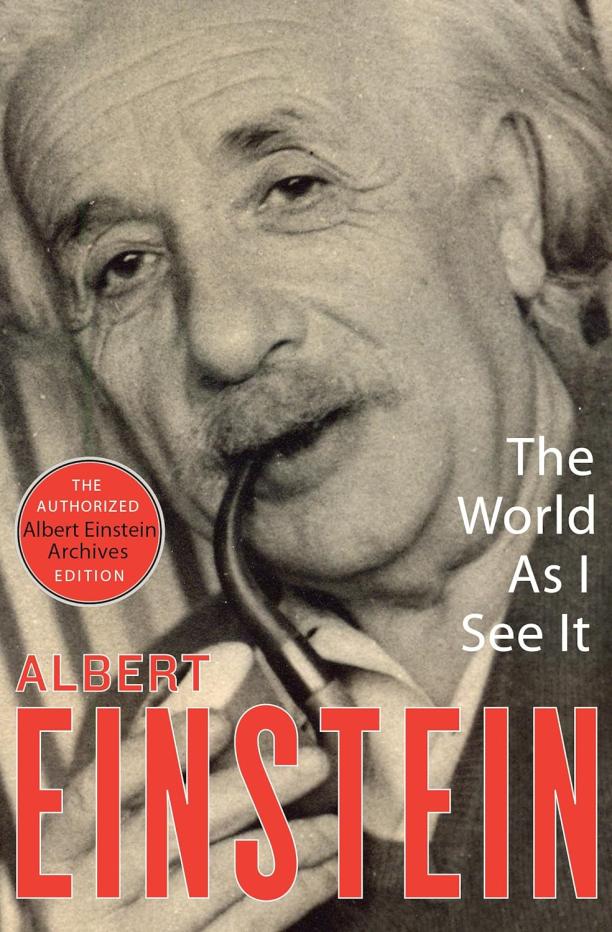
The World As I See It
Albert Einstein
The book is a collection of essays and letters that reveal the philosophical thoughts and humanitarian views of the renowned physicist on topics ranging from the nature of the universe to the perils of nuclear war and the importance of ethical responsibility. It provides insight into his beliefs on religion, politics, and the interconnectedness of humanity, showcasing his reflections on peace, education, and the pursuit of knowledge.
See full summary
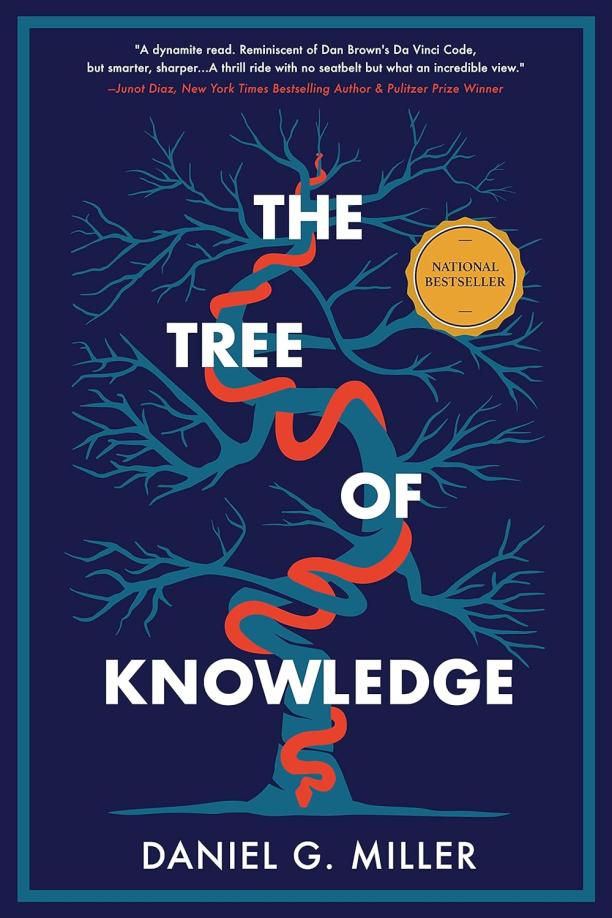
The Tree of Knowledge
Daniel G. Miller
The book explores the intersection of science, philosophy, and spirituality, examining how these disciplines contribute to our understanding of reality and consciousness. It delves into the nature of knowledge itself, questioning how we come to know what we know and the implications of this process on our perception of the world.
See full summary
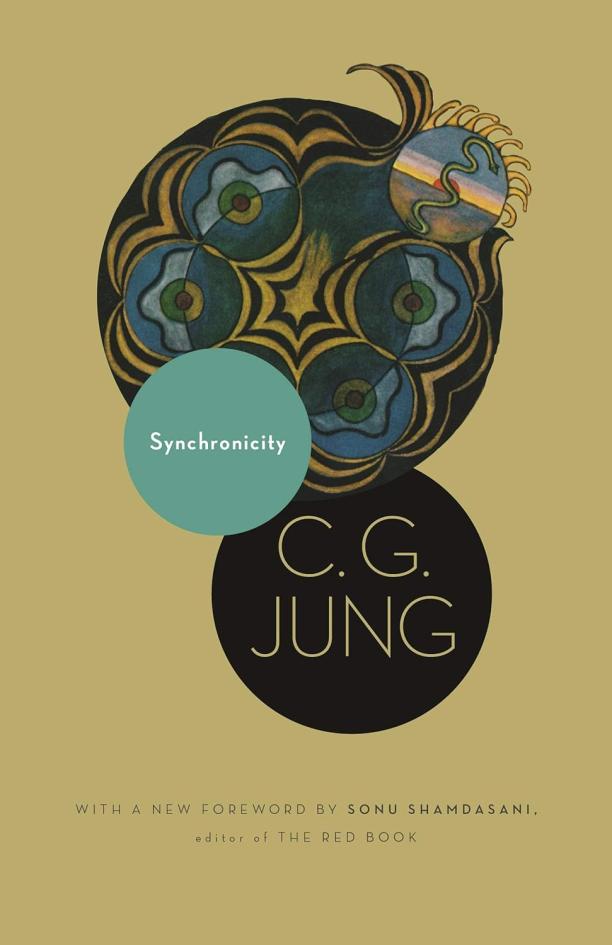
Synchronicity
An Acausal Connecting Principle.
C. G. Jung
The book explores the concept of synchronicity, a term coined by Jung to describe the meaningful coincidences that occur in life, which he argues are connected not by causality but by a deeper, acausal principle. It delves into the relationship between these synchronistic events and the human psyche, examining how they reveal the underlying framework of a collective unconscious and challenge the conventional scientific understanding of the universe.
See full summary
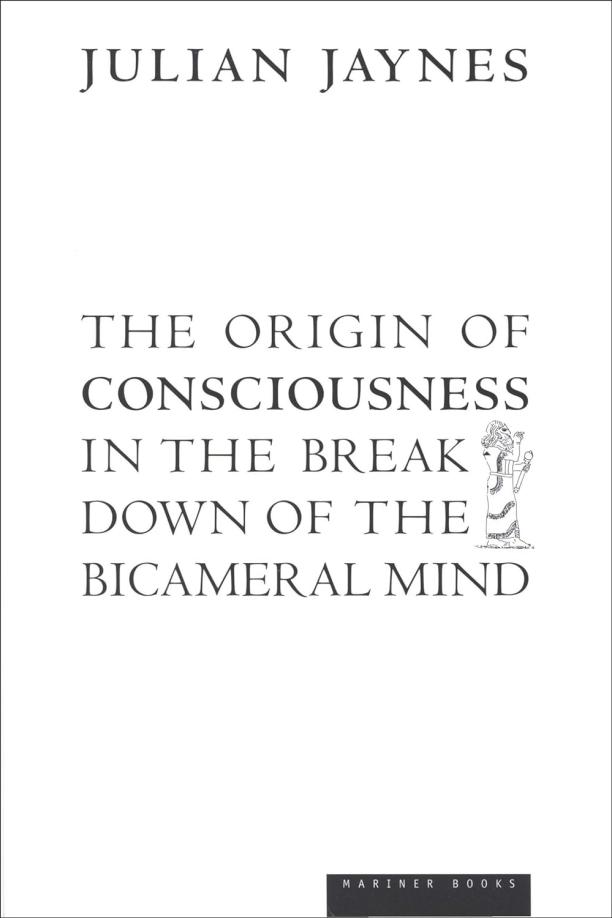
The Origin of Consciousness in the Breakdown of the Bicameral Mind
Julian Jaynes
The book presents a theory that human consciousness emerged only recently in human history through the breakdown of a previous two-chambered mental structure, where one chamber "spoke" and the other obeyed. It suggests that before this breakdown, people experienced directives from a "god-voice" as auditory hallucinations rather than conscious thought.
See full summary

I Am a Strange Loop
Douglas R. Hofstadter
The book delves into the concept of self-reference and the idea of consciousness arising from feedback loops in the brain, exploring the nature of identity and the 'I' through a blend of scientific, philosophical, and personal perspectives. It extends the themes of Hofstadter's earlier work "Gödel, Escher, Bach," examining the recursive patterns of symbols and the emergence of an 'I' as an intrinsic part of the human cognitive process.
See full summary
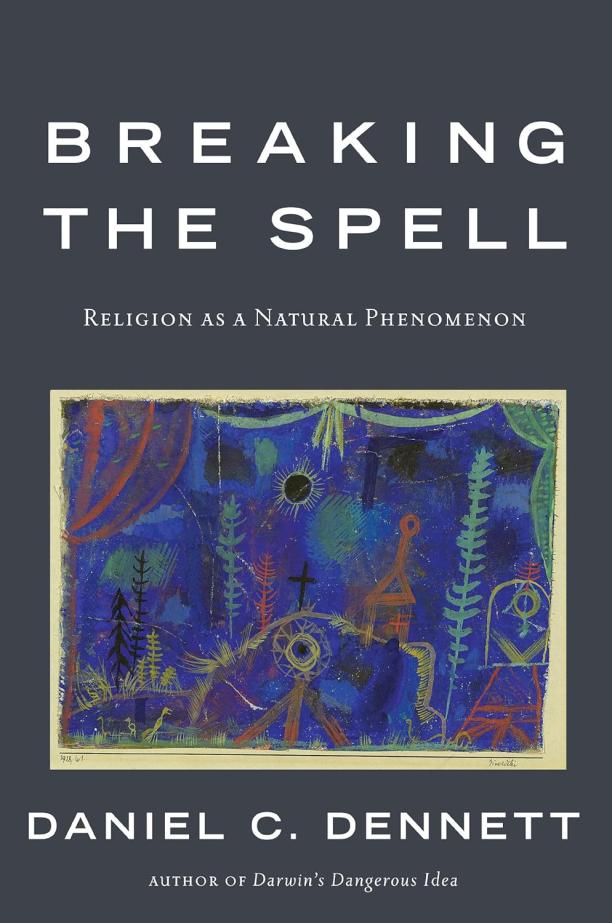
Breaking the Spell
Religion as a Natural Phenomenon
Daniel C. Dennett
The book explores the concept of religion through the lens of evolutionary biology and cognitive science, arguing that religious beliefs and practices are products of natural selection and can be studied scientifically. It suggests that understanding the biological origins of religion can help in addressing the influence of various religious phenomena on human affairs.
See full summary
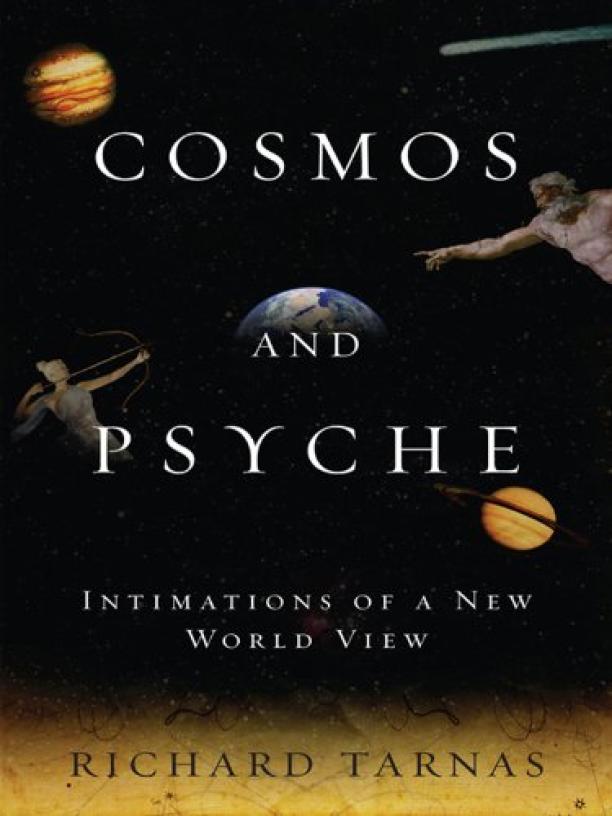
Cosmos and Psyche
Intimations of a New World View
Richard Tarnas
The book explores the relationship between planetary movements and historical events, suggesting that cosmic patterns reflect changes in the collective human experience. It presents a case for astrology as a valid lens through which to understand human behavior and major cultural shifts, challenging the modern worldview that dismisses astrological correlations.
See full summary
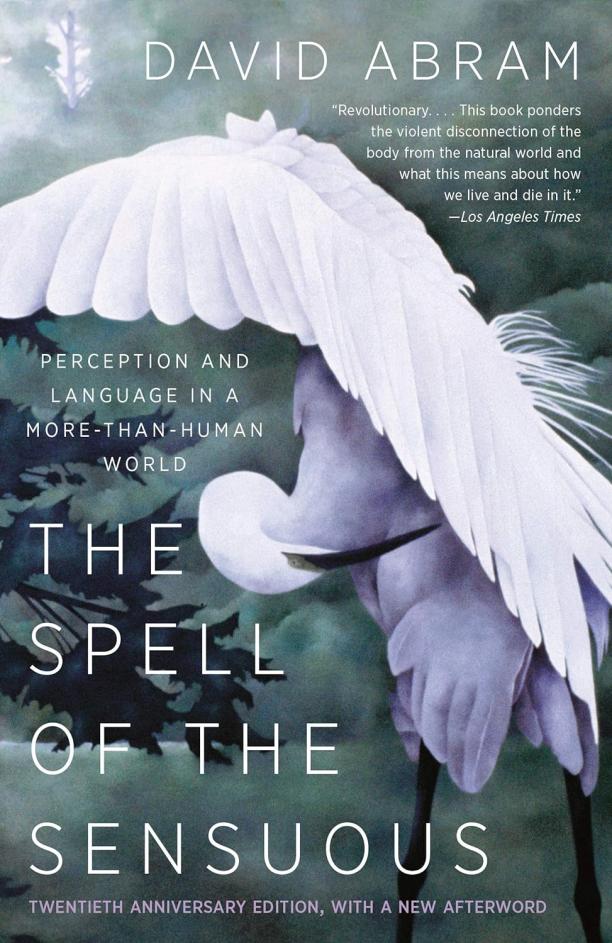
The Spell of the Sensuous
Perception and Language in a More-Than-Human World
David Abram
The book explores the relationship between human perception, language, and the natural world, arguing that modern civilization has lost a vital connection to the environment through the abstraction of written language. It delves into indigenous cultures and their sensory-rich, animistic worldviews as a means to understand and rekindle a more direct, experiential engagement with the Earth and its non-human inhabitants.
See full summary
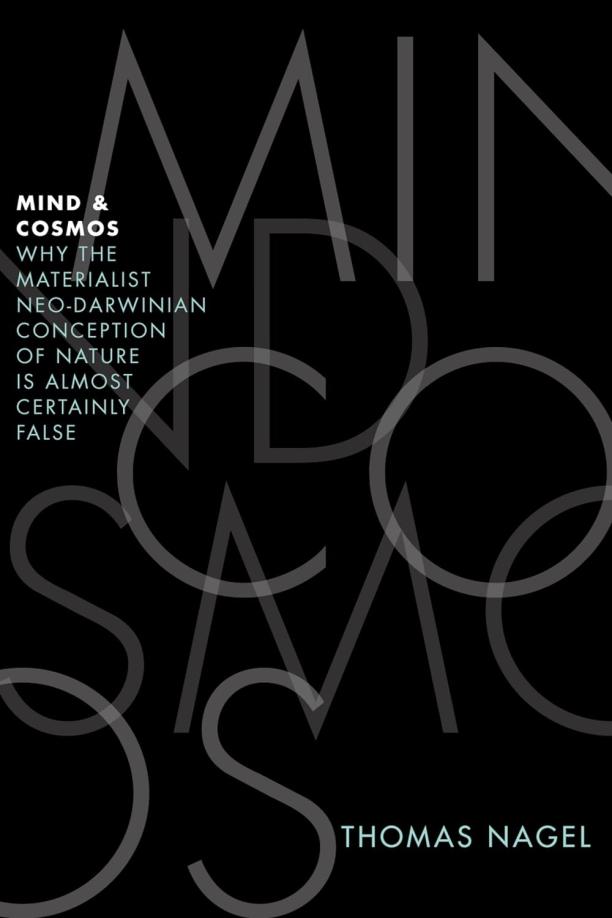
Mind and Cosmos
Why the Materialist Neo-Darwinian Conception of Nature Is Almost Certainly False
Thomas Nagel
The book challenges the widely accepted materialistic view of the universe, particularly criticizing the neo-Darwinian framework of evolution for failing to account for consciousness, reason, and value. It argues for a teleological, non-reductive understanding of nature that includes mind as a fundamental aspect of the cosmos.
See full summary
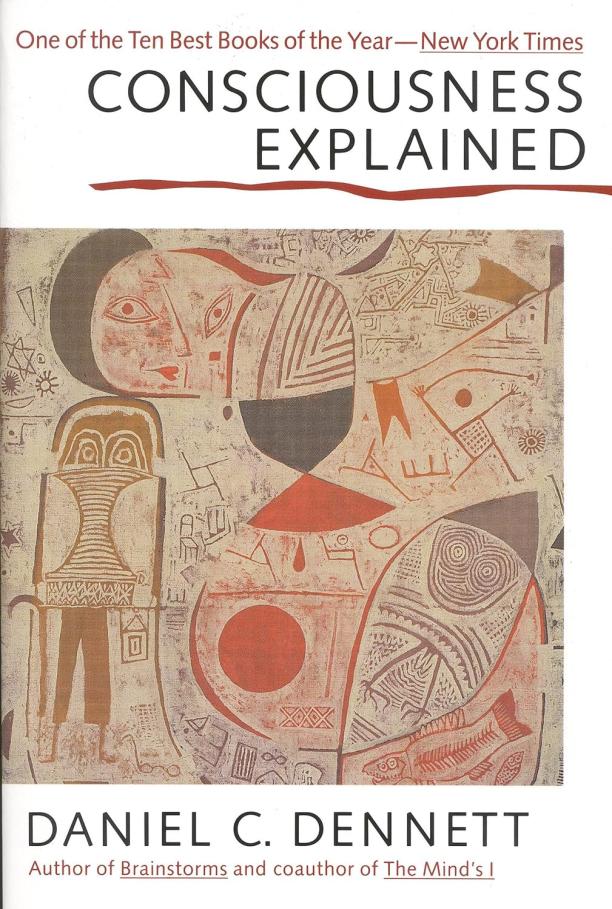
Consciousness Explained
Daniel C. Dennett
The book presents a detailed theory of consciousness, combining insights from philosophy, neuroscience, and psychology to argue against the traditional notion of a central "Cartesian Theater" where consciousness happens. Instead, it proposes the "Multiple Drafts Model," suggesting that consciousness is the result of various parallel processes and interpretations occurring in the brain without a central narrative.
See full summary